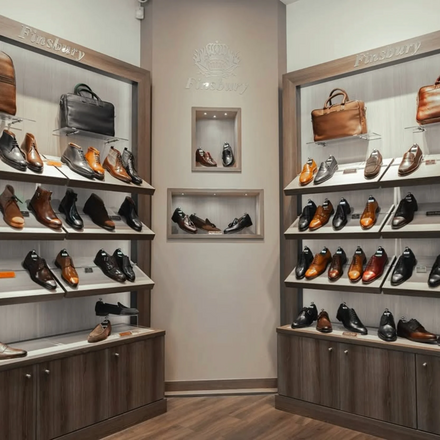Biggest mistakes made by Franchisors

Intellectual property and business law experts have shared some of the biggest mistakes made by Franchisors.
With nearly 30 years under their belt dealing with intellectual property claims, our IP and business legal experts have heard it all. Everything from Franchisees shutting their doors during the busy Christmas period, through to Franchisees who have been invited in to be shareholders in their Franchise System due to their wild and dedicated succeses.
However, now it seems there are a growing number of stories from Franchisor Clients in business law about how they “recruited the wrong Franchisee.”
One of the biggest mistakes a Franchisor can make is getting the wrong Franchisee to be part of the business. We understand how it can happen. It can be hard for a business owner who has recently turned into a franchise to turn away a big, fat, appetising cheque looking at them from across a boardroom table. The Franchisor might know deep down that this person is not quite the right fit, or is simply irritating, but they desperately try to convince themselves, “with a bit of training and some support, surely it will work out?” The lack of business experience, the lack of industry experience and the lack of interpersonal skills are things that are often ignored because, “that fat cheque would be so useful for marketing right now!”
So, what happens is they sign them up anyway; they provide training and help them open the doors - but before long, the phone calls start… and then they don’t stop.
The Franchisor provides as much support as possible and, trying desperately to remain calm, redirecting them (for the 10th time this week) to the Operations Manual (which answers literally every question that is being asked) … and then, all of a sudden, it’s quiet. The Franchisor breathes a sigh of relief and figures the Franchisee must be finally getting their act together and working on their business instead of constantly complaining.
Unfortunately, not. It’s gone quiet because the Franchisee has gone and seen a litigation lawyer who is rubbing their hands together – with pupils literally morphing into dollar signs the more the Franchisee complains about his struggles to operate their newly acquired business. That’s when the litigation lawyer points at the Franchisor and says, “it’s your fault our Client’s business is not doing well.”
The Franchisor now deeply regrets the day they cashed that cheque, and realises they have recruited a ‘difficult Franchisee.’ (We have heard Clients call them other things, but for now ‘difficult Franchisee’ will suffice). Franchisee selection criteria is by far the most important aspect of being a Franchisor. Ensuring the person is not only the right fit for the task but also not an incompetent and utter ‘difficult Franchisee’.
Now don’t get us wrong, our legal experts have acted for numerous Franchisees who have fallen victim to some extremely horrible franchise systems (readers would know the businesses we are talking about - you know, those awesome places we loved that then turned horrible and poor Franchisees were stuck still trying to operate a business with a name that had been dragged through the mud – and yes, it's been kept as vague as possible to not get sued). They have also acted for Franchisees who have bought into blatant scams and have been successful in having those dodgy operators appropriately dealt with. But the ‘difficult Franchisee’ is different.
The ‘difficult franchisee’ we are talking about here are the ones that are simply too lazy to get up and give the business a real go. Conceptually they have not quite realised they are not an employee, but rather, they are a business owner with the responsibility to run their own business. These are the ones who need their hand held when they 'turn the key', and are the ones that are a complete headache for Franchisors.
The answer. Avoid them. Our advice to new Franchisors, based on years of listening to our Clients face the same problem, is to make sure you have a very selective recruitment process to ensure that the good ones get through, and the other ones do not. Sometimes you have to leave the cheque on the table and walk out of the recruitment meeting with your head held high - because the future you might well be saying “thank you!”
The other top mistake – and it’s a lot shorter to explain – is site selection. If the Franchise system is a brick-and-mortar business and you, as the Franchisor, are involved in approving the site (which you should be), be very careful to ensure the site is acceptable. The site at one shopping centre may be going extremely well, but that does not mean a site at every shopping centre across the continent will follow the same path of success. Franchisors need to think about demographics, competitors, socio-economic data, etc.
In short, for Franchisors, it’s all about choosing the right person and choosing the right location
Featured franchises
No featured franchises
Breaking news
Show all
Pandora Greenbox franchise
Pandora Greenbox offers a scalable fast-casual concept combining healthy cuisine, smart design and strong unit economics across Europe.

Expanding premium footwear through franchising
A French footwear brand expanding through franchising, offering structured entry into premium shoe retail with established operational standards.

Franchise model in sustainable water solutions
An international franchise network focusing on water generation and distribution technologies designed for commercial and residential markets.

Milano Cosmetics franchise overview
Milano Cosmetics offers a global franchise model for professional beauty salons with defined financial terms, operational support, and...

